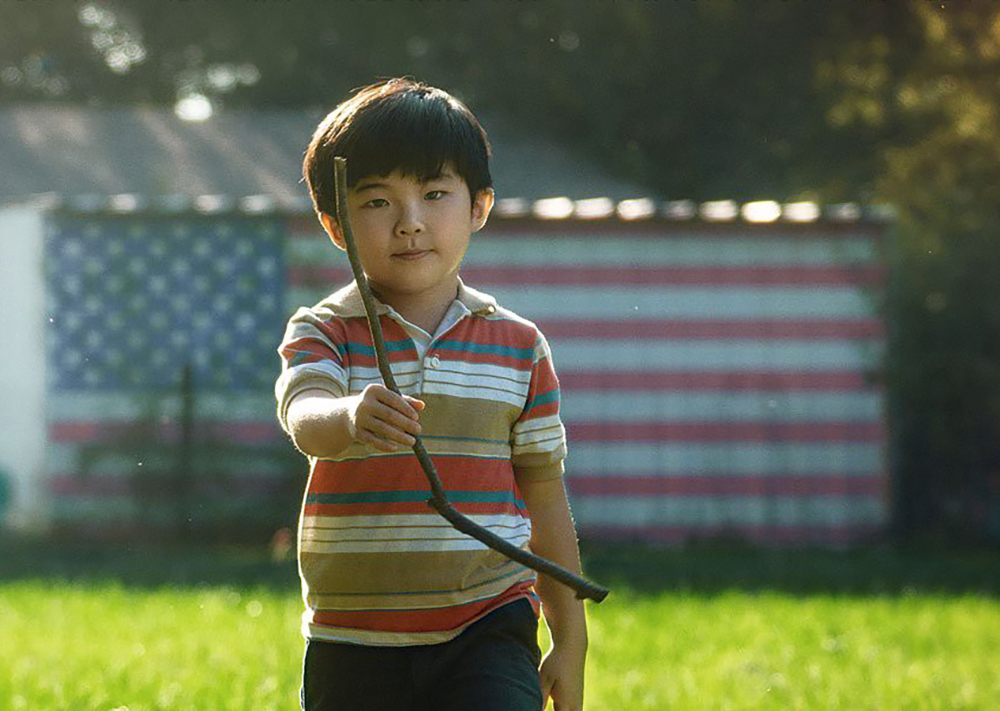A simple tale that’ll be relatable to a lot of immigrants, “Minari” (which translates to ‘waterwort,’ a herb used in many Korean delicacies and as medicine) is set in the 1980s. Jacob Yi, a Korean immigrant moves from the city to a small town in Arkansas to start a farm and start afresh with his family, despite his wife Monica detesting him for it initially. Monica and Jacob work as chicken sexers at a local hatchery to make ends meet so that Jacob can achieve his big dream of giving back to his fellow immigrants by growing fresh Korean produce he can sell to supermarkets that stock the same. The family not only has to navigate around bad weather, but also the overall immigrant experience of trying to fit in, feeling left out, drifting apart, and everything in between.
“Minari” documents the immigrant experience so well and realistically that even brief scenes—such as Monica getting overly sentimental over her mum bringing her bags full of spices like chili powder which are hard to procure in the States—are memorable and stood out to me.
The movie addresses themes such as change (some slight as the Yi family’s taste in music and even their taste in food which begins to deviate as they move further away from their roots) and other changes which are much bigger, such as Jacob’s change in behaviour from a simple family man to a more money-minded man as the profits pour in. Even the kids begin to display a lack in interest in their own culture due to these changes.

This is also amplified further in scenes wherein the youngest child David is so detached from his own culture; he thinks that his grandma who moves in them later is ‘too Korean’ and ‘strange smelling’ and not at all like the ‘real American grandmas’ he grew up around in California. This leads to him disrespecting her and causes a falling out between Jacob and Monica, who thinks it is due to David’s ‘hillbilly upbringing’ in the States.
The movie also touches upon how modernisation has impacted religion, especially through how religious-minded the Yi family’s American neighbors are compared to them and later, a worker at the hatchery even addresses the same by pointing out how some Korean workers escape city life in favour of the small town due to the bonus of avoiding going to church!
It’s always refreshing to see Steven Yeun on-screen, and one of the reasons I watched this movie was because I’m a fan of his work. He doesn’t disappoint as Jacob, and Yeri Han as Monica lends him ample support. But the show stealer for me was Youn Yuh-jung as the warm, caring, and simple grandma. She is very endearing and funny and adds a lot of comic relief to the proceedings too. Her interactions with David (Alan Kim) especially are grandma-grandson goals (as the kids would put it!). Apart from good performances, the movie also benefits from a lovely soundtrack.
Do check out “Minari” and don’t forget to stay true to your roots!
1 Comment
I got the chance to see this movie early and it was definitely one of the best films I’ve seen in a while. Great review!